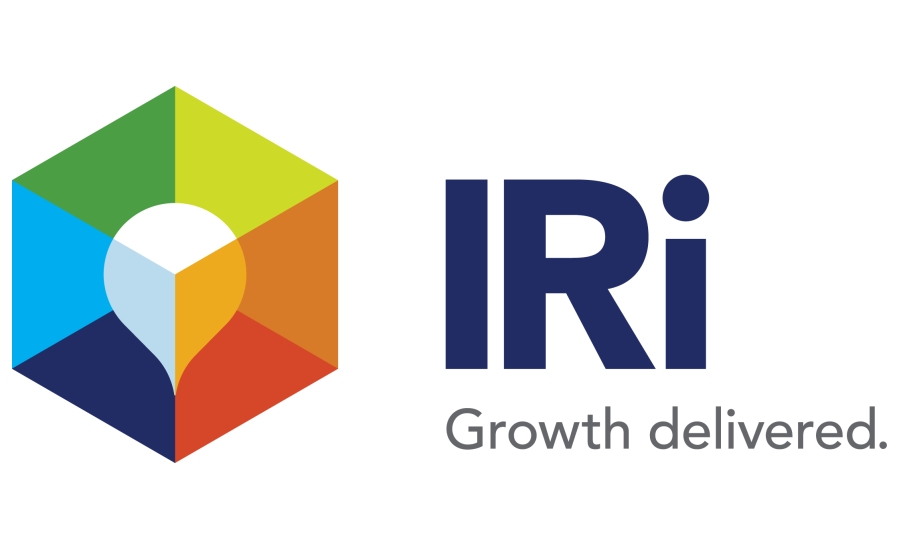IRI releases most recent data on Thanksgiving shopping trends

IRI, a global business in innovative solutions and services for consumer, retail, and media companies, has released its latest insights on Thanksgiving-related grocery trends, expanding on the findings published on Oct. 21 and Oct. 27, 2021.
“More than ever before, consumers are planning ahead for Thanksgiving by shopping early for key items, driving a 4 percent sales lift of the entire edible category for the week ending Oct. 31, 2021,” said Dr. Krishnakumar (“KK”) S. Davey, president of client engagement for IRI. “The latest data also shows that shopping habits vary widely among consumers of different demographics, primarily across age groups and household income levels. The distinct behavior patterns of each shopper demographic create important insights for manufacturers and retailers as they optimize their advertising and promotion strategies in the final weeks leading up to Thanksgiving.”
As the holiday season approaches and widespread supply chain challenges continue to impact industries across the economy, IRI is tracking a variety of holiday-related items to gauge their availability, demand, price, and promotion for Thanksgiving and Christmas, the two holidays that drive the largest sales lift for retailers in the United States. The items tracked include the top 25 Thanksgiving-related grocery categories, which account for 81 percent of the $2.2 billion in grocery sales uplift typically seen in the four weeks leading up to the holiday. The important insights gathered from this initiative enable retailers and manufacturers to make better decisions about merchandising, promotional activity and other variables to drive growth and profitability and deliver for shoppers during the holiday season.
Key findings based on data for the week ending Oct. 31, 2021 include:
- More shoppers than ever are shopping early. Sales uplift of Thanksgiving items in the three-week period ending Oct. 31 was 63 percent, compared to a historical uplift of 45 percent in years prior. This trend accelerated during the week ending Oct. 31, 2021, with sales lift up 86 percent compared to a historical average of 54 percent, driven largely by sales of wet broth/stock, turkeys, pie pastry filling and stuffing. Following widespread media reporting on supply chain challenges, 34 percent of consumers reported they are stocking up on certain items because they are concerned that the products might not be available the next time they shop. By closely monitoring these uplifts, manufacturers and retailers can more easily meet the needs of consumers with right products, prices and promotions.
-
Shopping behaviors differ significantly across income level and age demographics.
- Lower-income shoppers wait to buy meat and sides items until closer to Thanksgiving, while middle- and high-income households are more likely to shop those categories ahead of the holiday week. However, data shows that households at all income levels buy pies, baking products, and beverages in the weeks leading up to the holiday. Manufacturers and retailers without supply constraints who are targeting price-sensitive consumers should focus promotional efforts on pies, baking products and beverages as early as three weeks before Thanksgiving but wait to discount meat and sides until the week before or the week of the holiday.
- Older households are typically more likely to shop for their Thanksgiving supplies early, while younger households are more likely to wait to shop until the week of Thanksgiving, and are also more open to new traditions and brand-switching. Manufacturers and retailers should launch holiday digital campaigns when holiday shopping is most relevant to their target demographic, and focus promotions targeting younger households on products that attract shoppers to a new category.
- Meat and Pies categories have the most out-of-stock risk. Despite the continued acceleration of demand for certain Thanksgiving items ahead of the holiday week, in-stock levels for the week ending Oct. 31 were largely consistent with levels reported the week prior, with the exception of meat, which was down 3 percentage points. Meat and pies continued to be the only categories that show lower in-stock percentages compared to the year-ago period, down 13 and 3 percentage points, respectively.
The IRI CPG Supply Index, Demand Index, Inflation Tracker, and Promotion Index are calculated from daily point-of-sale and e-commerce transaction data reported from major chains’ sales transactions.
Looking for a reprint of this article?
From high-res PDFs to custom plaques, order your copy today!





